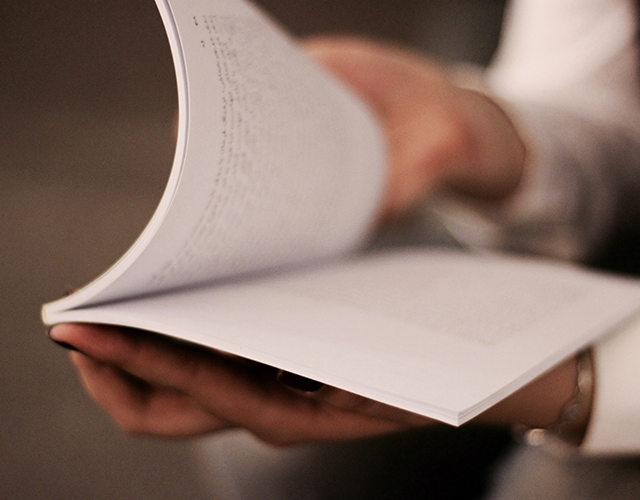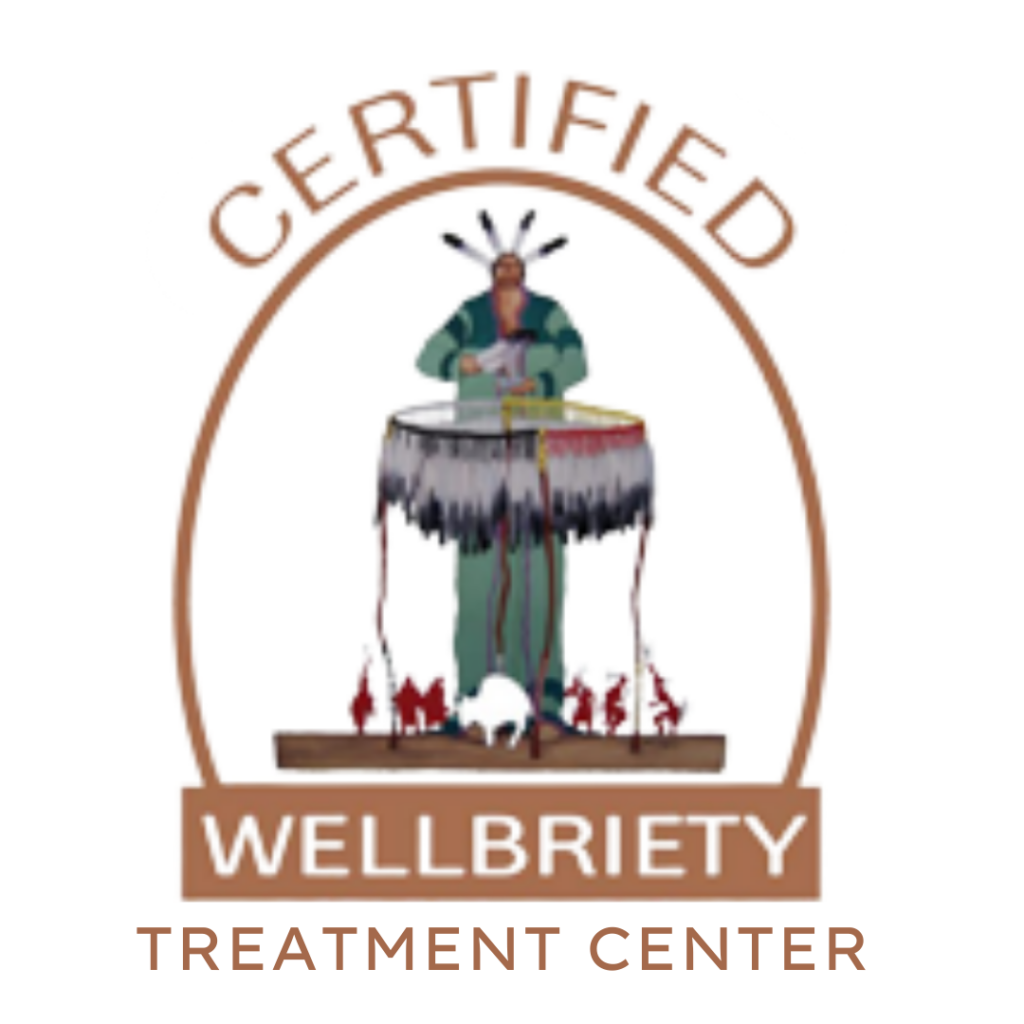Finding Yourself in Recovery

Recovery, particularly early recovery, is a sensitive time in the lives of those with a substance use disorder. Often, those with an addiction lose track of parts of themselves while using or drinking, as substance dependence prioritizes drugs and alcohol over loved ones, hobbies, and even personality traits. You might not recognize yourself when you’re […]
What to Do When Your Loved One Keeps Relapsing

Some people say that relapse is part of recovery, but what do you do when your loved one’s detox and rehab stays followed by periods of sobriety and relapse become a pattern? It may be tempting to blame the person and their actions alone for their relapses, but this isn’t fair. Chances are your loved […]
5 Traits of an Addictive Personality

Substance use disorder is a disease rooted in a combination of addiction and genetic and environmental factors. A commonly circulated idea in the area of substance abuse is the concept of an addictive personality, or a set of traits and characteristics that may make one more prone to developing a substance dependence of some kind. […]
Benefits of CBT for Substance Use Disorder

There are a number of therapies in practice in the substance use recovery field, and some work better for certain individuals. Cognitive behavioral therapy (CBT) is a form of psychotherapy often found to have positive effects on many different people and mental health disorders. If you’re new to therapy, you may be excited, skeptical, neutral, […]
Managing Cravings – 6 Ways to Manage Your Cravings

Managing Cravings – 6 Ways to Manage Your Cravings Managing cravings is important because substance use disorders alter the brain’s normal chemistry, cravings are inevitable and a part of recovery, whether you’ve been sober ten days, ten months, or ten years. If you feel a craving coming on, it’s important to not panic— this is […]
Writing Down Your Feelings Can Be Therapeutic

Journaling can greatly benefit your mental health. Writing down your thoughts and feelings has been shown to help with managing anxiety, reducing stress, and coping with depression, according to the University of Rochester Medical Center. Researchers from Michigan State University have found neural evidence supporting the idea that writing down what is causing you worry […]
Recognizing Warning Signs for Relapse Prevention

Often, emotional and mental relapse precede a physical relapse; successfully identifying the warning signs early on may be enough to prevent a full relapse. Signs of an emotional relapse might include negative emotions and poor sleeping/eating habits, while mental relapse involves thoughts of using. It is critical that you are able to recognize common relapse […]
6 Steps to Take Post-Relapse

Relapse is extremely common among those with a substance use disorder, so if you have relapsed, you are not alone. Forty- to sixty-percent of people with a substance use disorder who go through treatment relapse at least once, according to the National Institute on Drug Abuse (NIH). Despite this figure, these disorders are highly treatable, […]
5 Truths About Dating in Recovery

There’s a widely circulated “rule” in the recovery community that those who are overcoming a substance use disorder should refrain from dating/being in a relationship until they have been sober for a year or longer. Not dating in recovery is also one of the most ignored “rules” in the recovery community; it isn’t written anywhere […]
5 Ways to Avoid a Relapse

A short while after completing treatment, the recovering addict may sometimes wonder if he will ever again have fun. The healthy euphoria that new recovery brings into a person’s life, post-rehab, is sometimes called a pink cloud. After a while, however, the pink clouds of early sobriety may part, and those who are not working […]


















